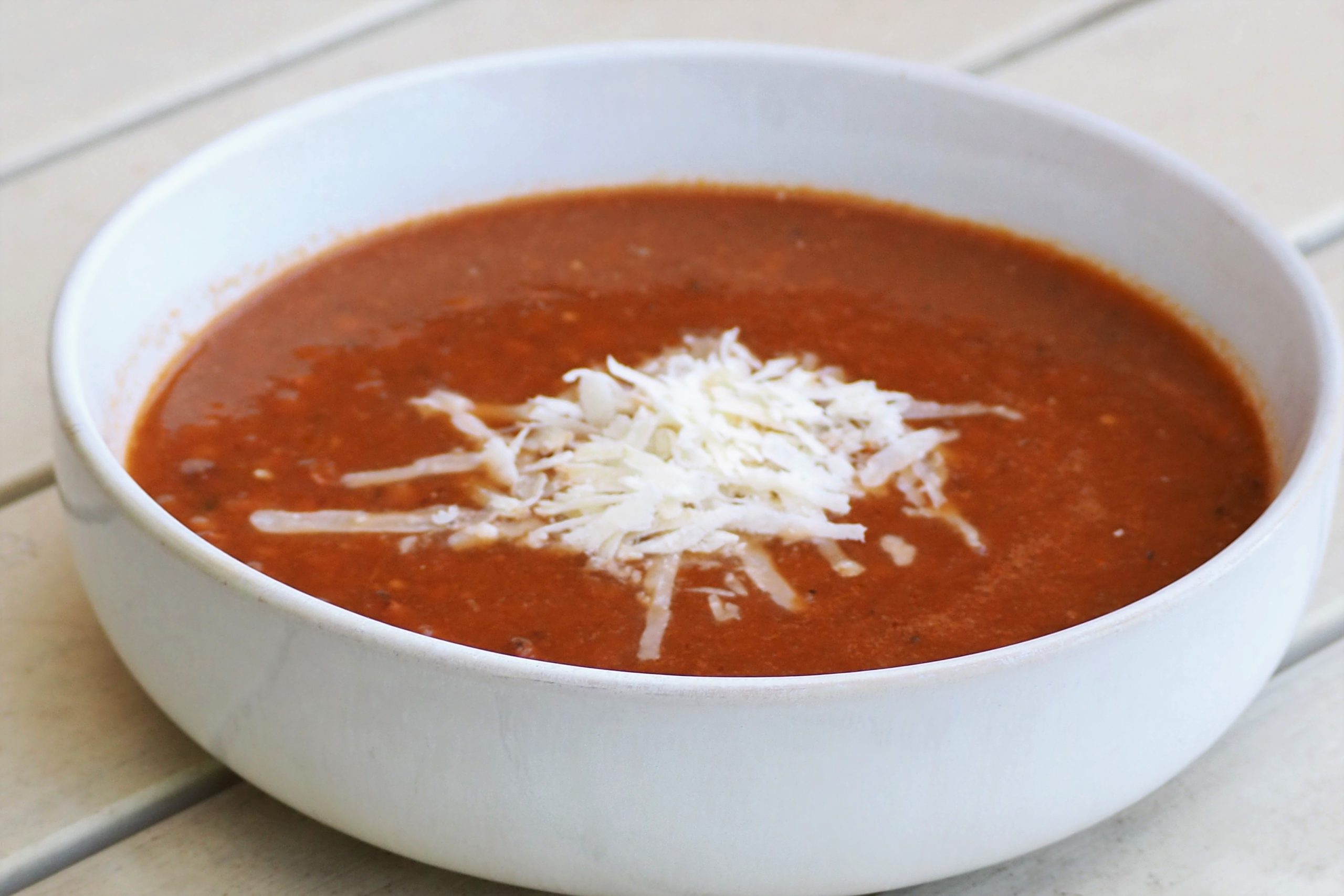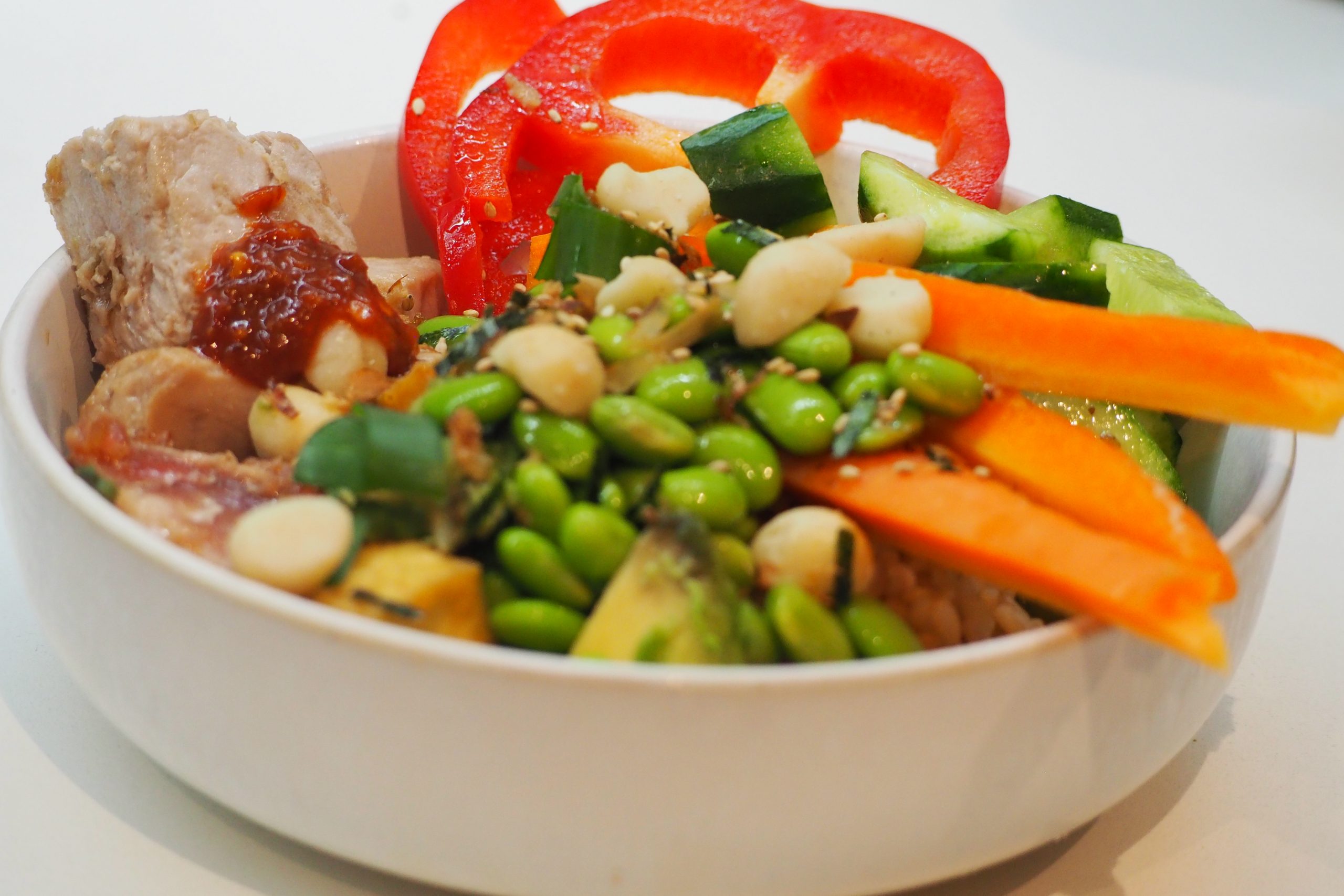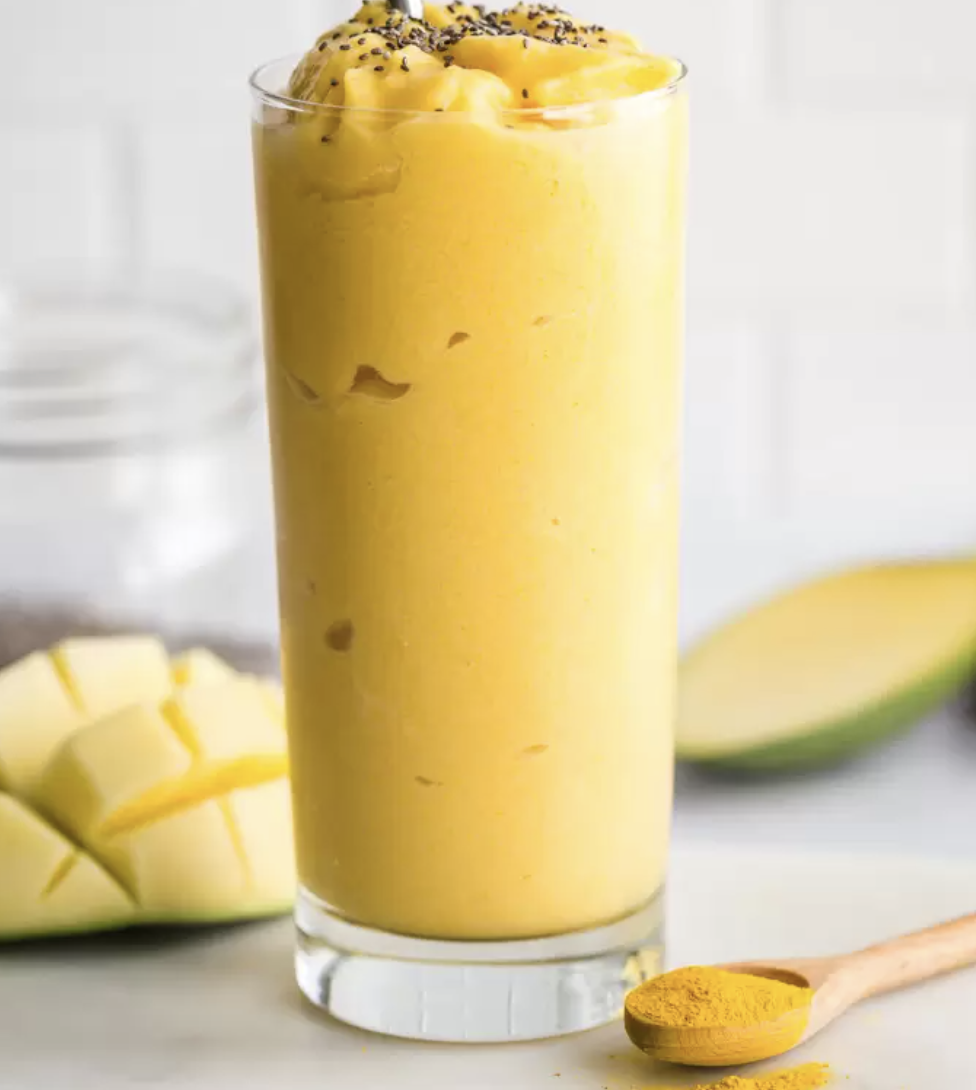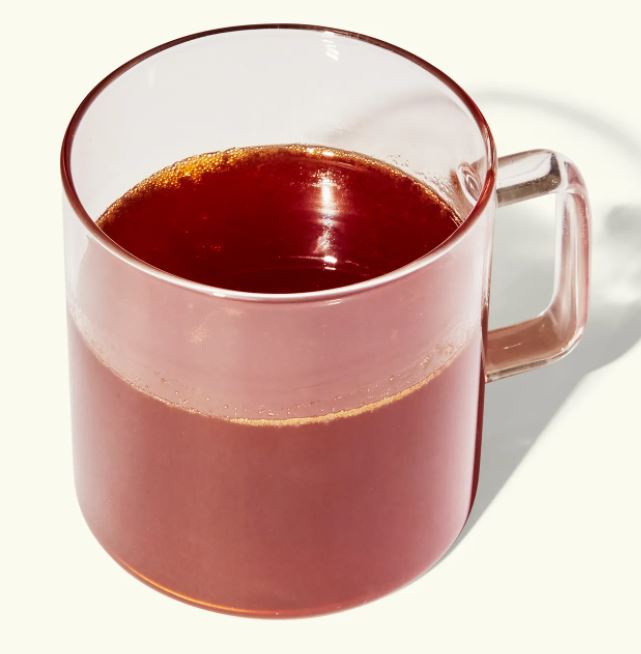Diarrhoea is defined as an increase in the number and/ or an increase in liquidity of the stools. There is not an exact number of stools per day that defines diarrhoea and it is something that is usually compared with the norm. There are many causes of diarrhoea including diet, stress, inflammation or irritation of the bowel wall or cell linings, certain treatments like radiation or chemotherapy to the abdomen or pelvis surgery in the stomach or bowel.
Diarrhoea is a common problem in cancer treatments that are targeted near or around the small or large bowel. It is can also be a problem after any type of stomach or pancreatic surgery, especially if the surgery has involved the vagus nerve. If the vagus nerve has been cut during surgery then quite often this causes the feelings of wanting to open your bowels quite urgently. This can cause quite a bit of trauma, although the use of anti-diarrhoea medication such as Imodium can help. This is something that your doctor or clinic can recommend and you may need to take quite a hefty dose of imodium tablets throughout the day if you are having regular bouts of diarrhoea throughout the day.
Diarrhoea can happen in short episodes for a few days or weeks after surgery, before the bowel returns to normal. Everyone is different, so it’s difficult to predict how long it may last or how many times a day you’ll get diarrhoea. Some people may have diarrhoea once a day, while others may have it a few times a day.
Tips to help cope with diarrhoea
- Avoid high fibre food. Try low fibre foods such as white bread and rice, pasta and potatoes without their skins
- Drinking plenty of fluids to prevent dehydration is vital –If diahorrea is severe, rehydration solution can be useful
- Anti-diahorrea medications prescribed by a doctor do help and at times higher doses throughout the day are needed.
- Try to chew food well
- Try to eat slowly
- Try to relax or lie down after eating
- Avoid spicy foods
- Avoid fatty foods (except if the cause of the diarrheoa is due to dumping syndrome which commonly occurs following gastric or oesophageal surgery.
- Avoid foods that are very hot or very cold
- Limit tea, coffee or alcohol especially if you find it aggravates
- A course of prebiotics may help to restore levels of healthy bacteria in the gut which can be stripped out by diahorrea. Pre-biotics like Bimuno ® are safter during treatment as they provide the gut with food to feed the good bacteria currently present in the gut instead of introducing other types of foreign bacterias.
- Employing some of the dietary recommendations for IBS such as the low FODMAP diet can be explored. This has been shown to improve bowel function in individuals with IBS and while more research is needed it can be worth discussing with your dietitian or a gastroenterologist whether a trial of such a diet would be helpful for the management of your type of diarrhoea. This really depends on whether diet is a factor or a cause in the diarrhoea.
In cases of severe diarrhea due to bowel surgery it is possible to become dehydrated very quickly as well as to lose mineral salts.
It may be advisable to drink a rehydration solution such as Diarolyte or you can make your own using the following recipe from St Mark’s Hospital in London.
The solution should be prepared fresh daily and stored in the refrigerator.
St Marks Oral Re-Hydration Solution
Ingredients
20g (six level 5 ml spoonfuls) of glucose
2.5g (one heaped 25ml spoonful) of sodium bicarbonate
3.5 (one level 5ml spoonful) of sodium choride (salt)
Method
Dissolve the ingredients in 1lLitre of tap water and drink as required or prescribed during the day. Two to three litres per day may be necessary to maintain hydration.
A dash of sugar free flavoured squash may be added to improve the flavour. Using a straw may also help.
If you are risk of dehydration due to severe diarrhea then you should use the Oral Rehydration Solution instead of drinking regular fluids or water. It may be better to separate ingestion of fluids from the intake of foods.




